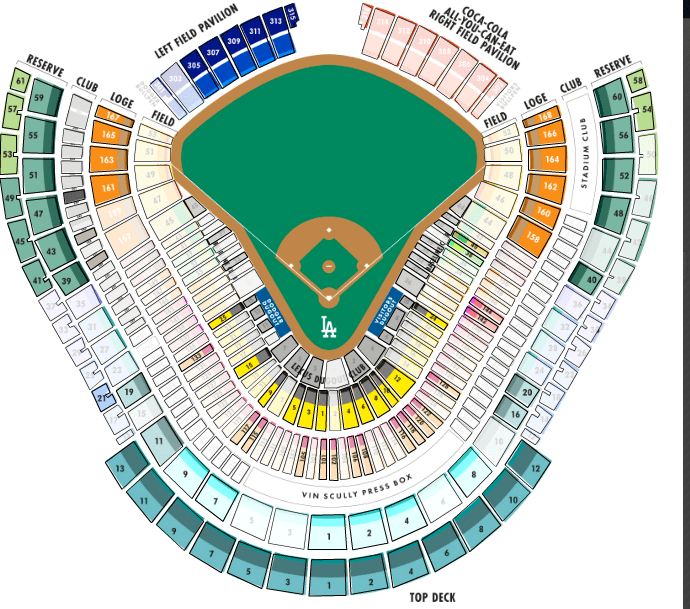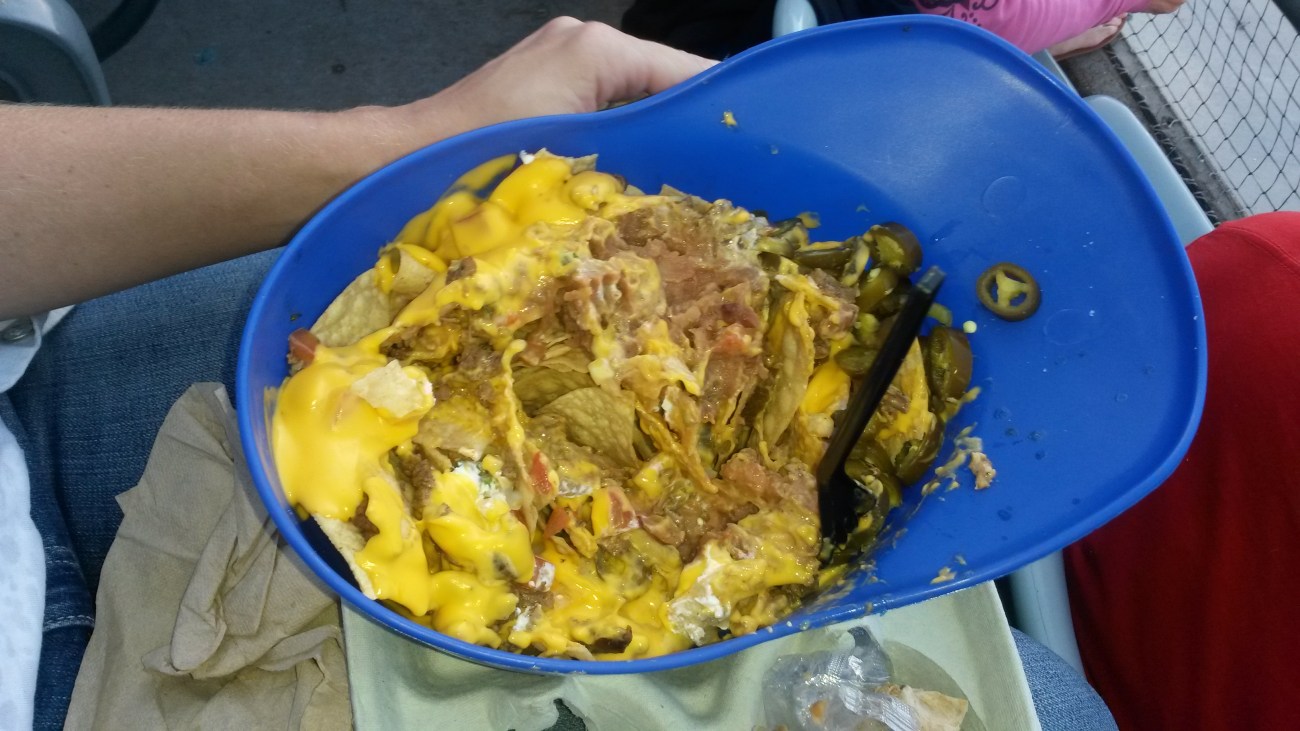No one cares if the zany clown is really sad deep down in the most secret—usually truest—part of his or her soul. At the end of the birthday, it’s more about how well that clown made the balloon animals or how entertained (babysat) the kids were from arrival to cake-cutting to present-opening to the last wave goodbye from an icing-smeared child.
The happiness of the person behind the clown costume meant absolutely nothing.
Remember that—maybe even hum the Smokey Robinson tune written about it— as the baseball world looks at, and dissects, the pending Collective Bargaining decisions for the MLB and the Player’s Union.
***
Baseball is a slow game. From creation until now, the speed of once-America’s pastime, played out in front of the masses, was not fashioned to be a sprint, moving quickly enough so the adoring fans won’t miss ‘happy hour.’The game is more like chess; less like an Usain Bolt training session.
It’s a long season, too. Compared to the other professional sports, none come close to a 162-game schedule. True, the oddity in that assumption is the summer moves quickly, as you would expect, so while the baseball season is usually cast as this villain of length and yawn-producing boredom, it’s really not. But the most diehard fan—assuming they only attend home games—would probably admit that even 81 baseball games is a bit… taxing.
If you do the math: The average MLB game is around three hours—give or take a few minutes here and there over the past few seasons. So if you attended 81 games, that would add up to 243 hours spent at a ballpark. That’s a lot of hours…116 more than what James Franco method acted through while crammed underneath a rock in the desert.
And, speaking of spent: attending a baseball game (anywhere, too) is expensive. Ticket prices are steep, to say the least. But putting it in loose, general monetary terminology like that might not do it justice.
Look at this chart for Dodger Stadium:

See where it says “Top Deck?” For a game against the Arizona Diamondbacks that seating area’s cheapest offer—direct from MLB.com—is $32. That’s a lot when considering you will watch the game from those seats while also keeping an eye out for the planes flying to LAX and/or kamikaze pigeons that want to make sex with your wife’s handbag. And if those extra duties awaken your appetite and your thirst is dying for a quenching…well, hopefully the kids aren’t hungry, too.
Leaving beer out of the equation—because alcohol prices are ridiculous at any stadium (sans, apparently, the new Atlanta Falcons’ project)—food and beverage at a baseball game are outrageous enough to probably warrant a third installment of Wall Street.
Call it: Wall Street 3: Greed is Blind When You Really Want that Bag of Peanuts
I’m going off the top of my head from the last time I went to a game—which was a few weeks ago—but I think I spent $25-ish-plus on a hot dog, a Coke and a cup of fries. This helmet full of nachos and some sort of beef-looking…stuff was close to $18-ish:

Mind you, there were no prizes to find hidden underneath the fries. No Monopoly ticket. Assuming I could finish that behemoth of nachos, and felt like carrying a bean-crusted helmet out of the stadium and back to Silver Lake for cleaning, there’s no way in hell that thing would fit me; nor would I wear it—other than a zany Halloween party where I would go as Steve Sax and toss candy to people right next to me, but, staying in character, I would instead throw it ten feet above the attended target’s head.
I digress.
The point is, my trip to the long baseball game, tickets and food included, was close to $100. Imagine if I had a family of four. (I would kill that pigeon, because we would certainly need whatever money is in my wife’s purse to help out with the excursion.)
So, yeah, there’s argument against a lot of what watching a baseball game entails. It’s long. It’s slow. It’s expensive. Not once, though, does the happiness of the athletically gifted entertainers get tossed into the hodgepodge of complaints. Why? Well, remember the clown?
***
The current talking points that are on the table for the upcoming CBA focus a great deal on the “happiness” and “well-being” of the players—as they should, no question there—docketed with things like: less games, with more off days and getaway day games, plus an expanded roster from 25 players to 28. And, assuming that’s what the players want—instilled with my love of baseball and the admiration for the lucky players who play the game—I hope everything is voted for in their favor.
I really do.
But…
The end result in the argument for change, though, will be one that ultimately benefits John and Jane Baseball Fan, and that’s where I see an issue of false understanding.
The bottom line for some of the changes is that it will make baseball more enticing to the viewing audience. Less games played means fresher players, better competition and top-notch competitive flare. Basically, a far superior product to what currently exists.
But will it really change the MLB?
Cutting the number of games from 162 to 154 (or lower) isn’t a drastic number. Sure, it eliminates the 162 games in 183 days for the players—and, again, that’s great—but will that really effect the product that much?
If the idea is producing a polished end result—better entertainment—for the viewers…will the causal fan, who doesn’t follow advanced stats every second, really be able to decipher the difference in a minuscule change for a historically slow game? (A 154-game schedule still means 231 hours of home games, well above James and his rock issue.)
Say they do make the changes, though. Say this argument takes shape, is voted for, and becomes part of the MLB culture. Does that mean teams will then have to supplement the loss of the those several games—and the loss of high-paying TV contracts that are based on the number of games—by raising ticket prices (and, oh shit, the concessions)? If so, those nosebleeds where you have to fend off the pigeons might be double what it is now.
Is that…good?
And that $16 dollar hot dog…how does that taste?
The $30 helmet full of nachos and beef-looking…stuff, how’s that going for you over there? (Still not wearing the helmet, I bet.)
Did you notice your team is carrying 10 pitchers in the bullpen now? Probably not, but how about that $35 Miller Lite and the fact you had decide which kid stayed home with grandma? (No, no. The players didn’t take a pay cut to get the schedule shortened, if that’s what you were gong to ask…there are still half-millionaires riding the pine.)
Yep, chances are, even with a fresh group of superstars, the game will still be long, and you will still miss ‘happy hour’ afterward. That’s reality—it’s baseball.
Of course, the argument to all of the aforementioned is that the focus is really about the viewers at home, the consumer tuning into the baseball game over something else. The problem with that, however, is the attention span of the common household viewership runs at the speed of Netflix. Which is to say, even the greatest baseball game in the world will lose ratings simply because there are so many other entertainment possibilities that are only one click away. And no, the MLB is not the NFL. It never will be, either.
However, accepting that second-or-third-place finish to the NFL is OK, too…if you understand and enjoy baseball at its truest heart—yes, dammit, those nuances people like to mock—and will watch it based on the fact you love the game above all else.
The MLB and the Players’ Union—and the media who will report these matters to a shade of purple exhaustion—should understand this, too, and not take the average fan base for a pack of confused dogs in a newspaper factory.
Don’t tell us you washed the car when all you really did was dim the garage lights and cover the thing with a tarp.
(“Yep. It’s clean…trust me.”)
We don’t. Trust us.
Is it great for the players? Absolutely. And that’s not worth arguing. If this CBA brings about (more?) collective happiness for the players around the MLB, then go for it.
But don’t take that and twist it to make the fans feel like they should be so thankful the entertainer is happier deep down in the most secret—usually truest—part of his soul.
We’ve never cared about that, Smokey.
Categories: Uncategorized
